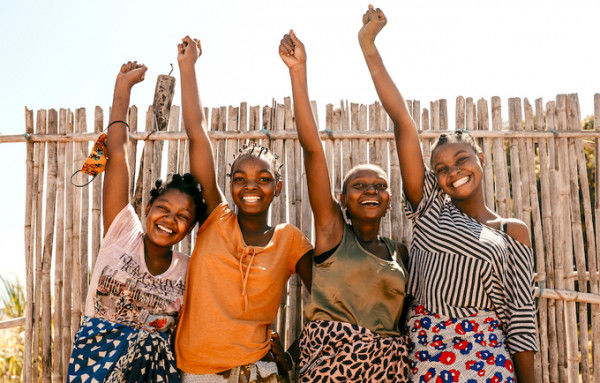Girls’ school dropout costs Sub-Saharan Africa $210 billion in GDP annually


According to the United Nations, the high percentage of female school dropouts in Sub-Saharan Africa results in an annual economic loss of approximately $210 billion.
The report, titled “Progress on the Sustainable Development Goals – The Gender Snapshot 2024,” emphasises the severe economic consequences of gender disparity in education across the area, with girls still significantly disadvantaged compared to boys.
“In sub-Saharan Africa, where girls are at a significant disadvantage compared to boys, the annual cost of girls leaving school early is $210 billion, more than 10 per cent of the region’s combined GDP.”, The report said.
The economic drain is greater than 10% of the combined GDP of Sub-Saharan African countries, indicating the enormous cost of lost potential, as girls denied education are unable to fully contribute to the region’s economic growth.
The United Nations Educational, Scientific, and Cultural Organisation (UNESCO) predicts that by 2030, the global annual social costs of the basic skills deficit would exceed $10 trillion, more than the combined GDP of France and Japan.
According to the report, “If the number of children dropping out of school early and those with less than basic skills each fell by just 1 percentage point, annual global labour income could increase by $470 billion and over $650 billion, respectively.” This highlights the staggering economic opportunities being missed due to the education gap.
Despite significant improvement in global education, with 5.4 million more girls attending school since 2015, many continue to face severe circumstances. A startling 119.3 million girls worldwide remain out of school, underlining the slow rate of improvement. A significant number of these girls live in Sub-Saharan Africa, where education access is hampered by systemic poverty, gender inequality, and insufficient resources, aggravating the region’s economic losses.
Furthermore, 39% of young women globally do not complete upper-secondary education, limiting their ability to fully participate in the workforce and contribute to economic growth.
The economic ramifications of this educational inequality are significant. Globally, denying girls the opportunity to complete their education limits their capacity to find skilled employment, reduces their lifetime earnings, and stifles national and regional economic development.
To address these losses, the report advocates for proven gender-responsive policies such as reducing schooling costs, offering cash transfers to encourage girls’ education, ensuring safe environments for girls, and tackling gender-based violence. Other recommendations include adopting comprehensive sexuality education, establishing a diverse and gender-balanced teaching workforce, and raising awareness about the value of girls’ education.









